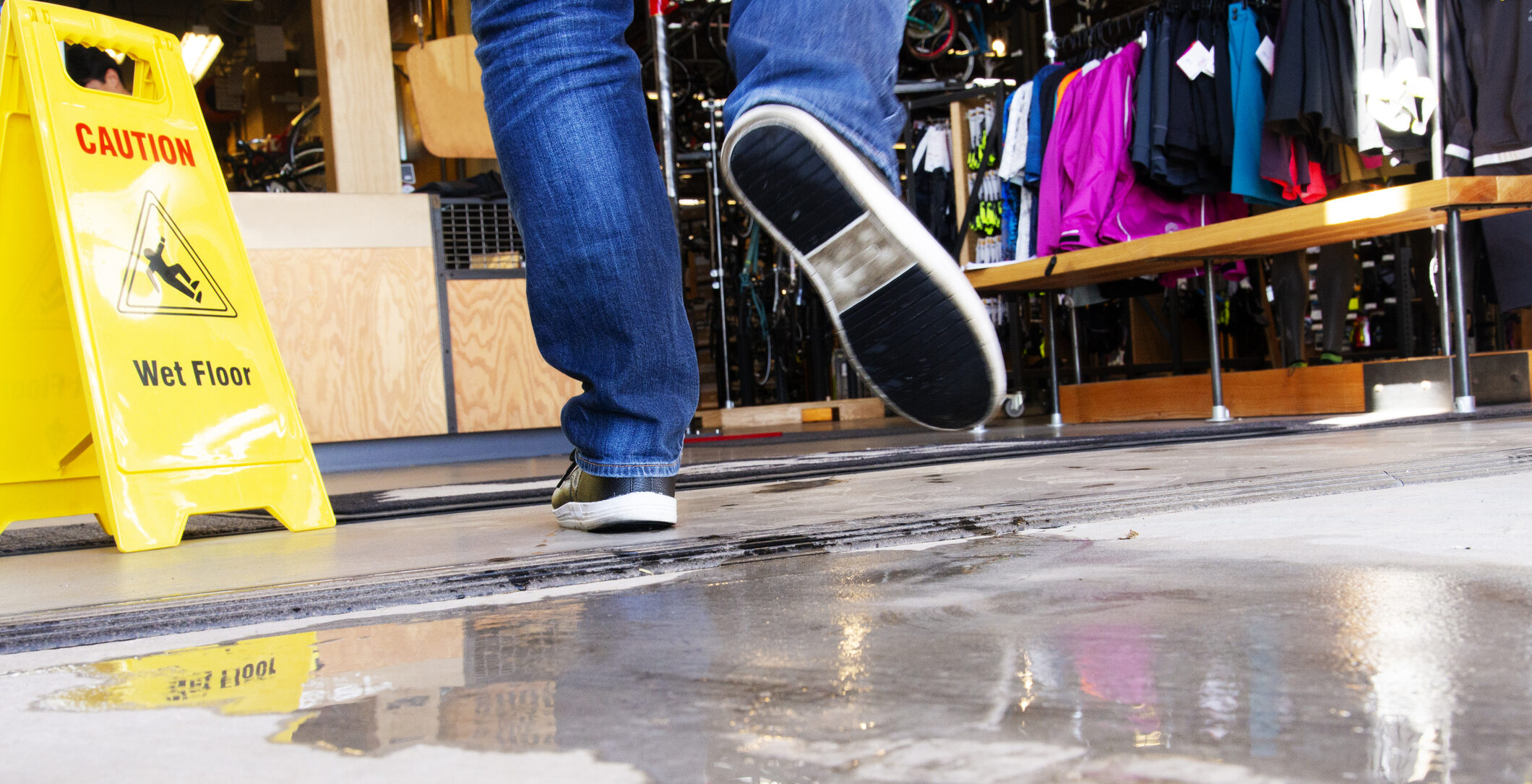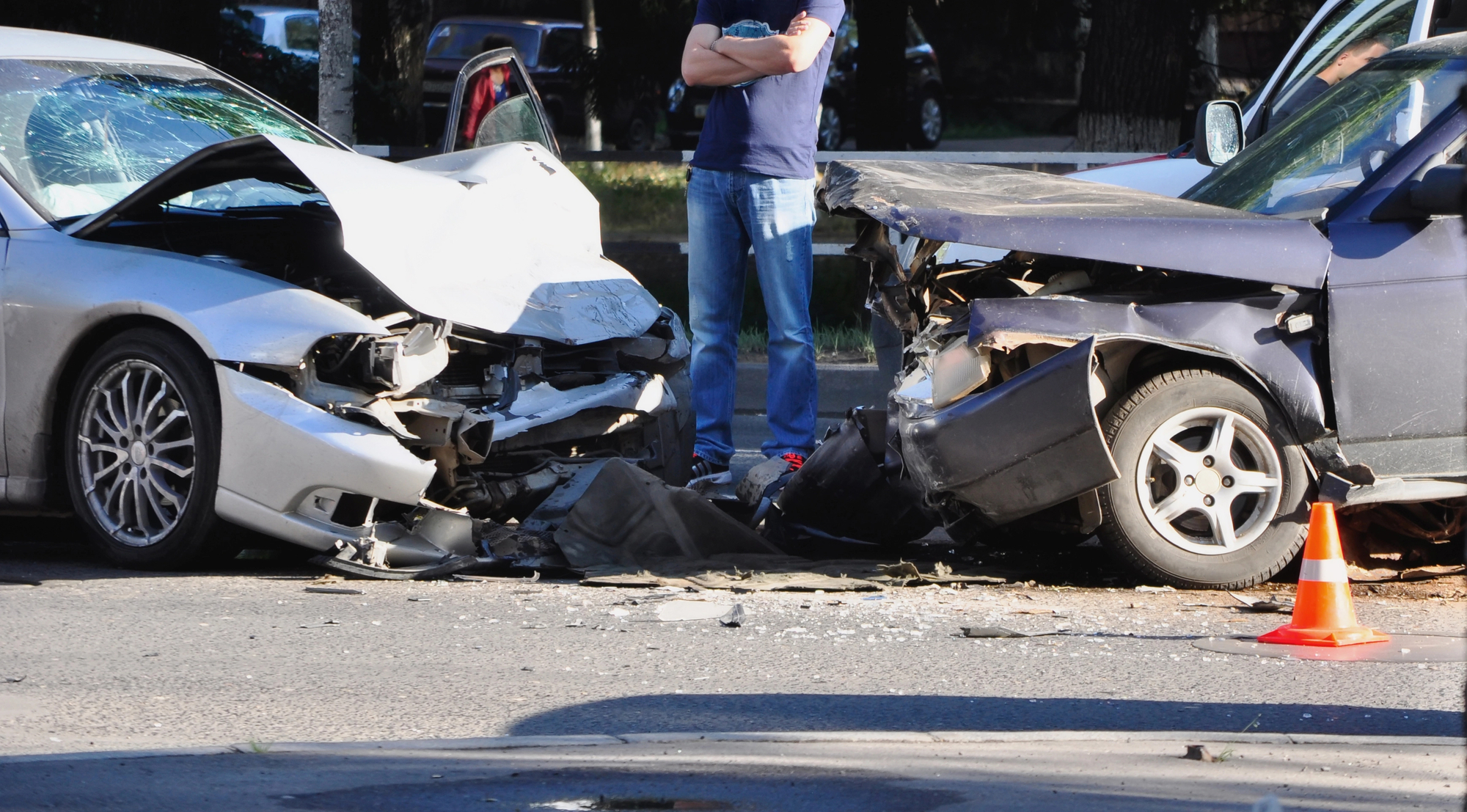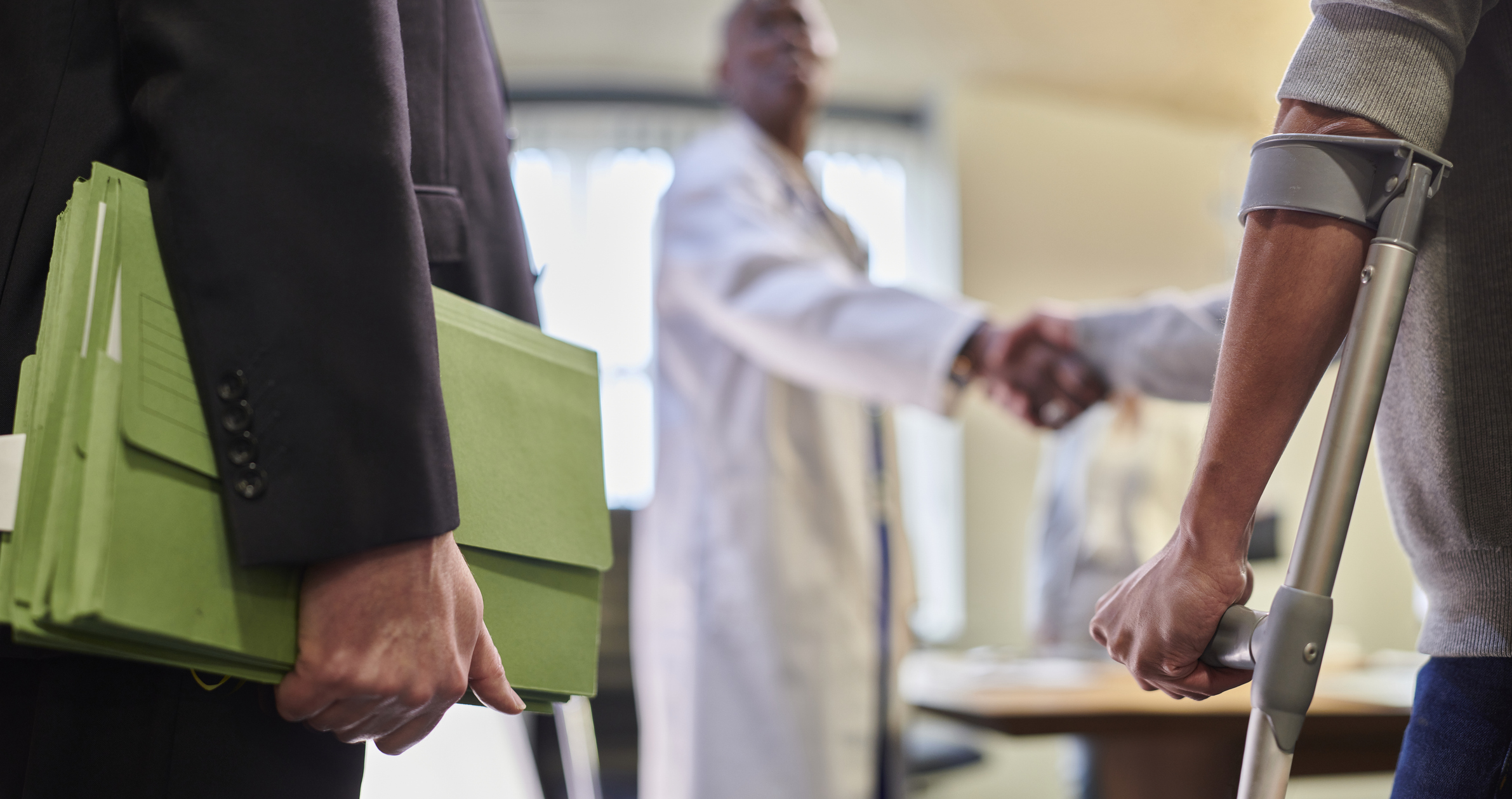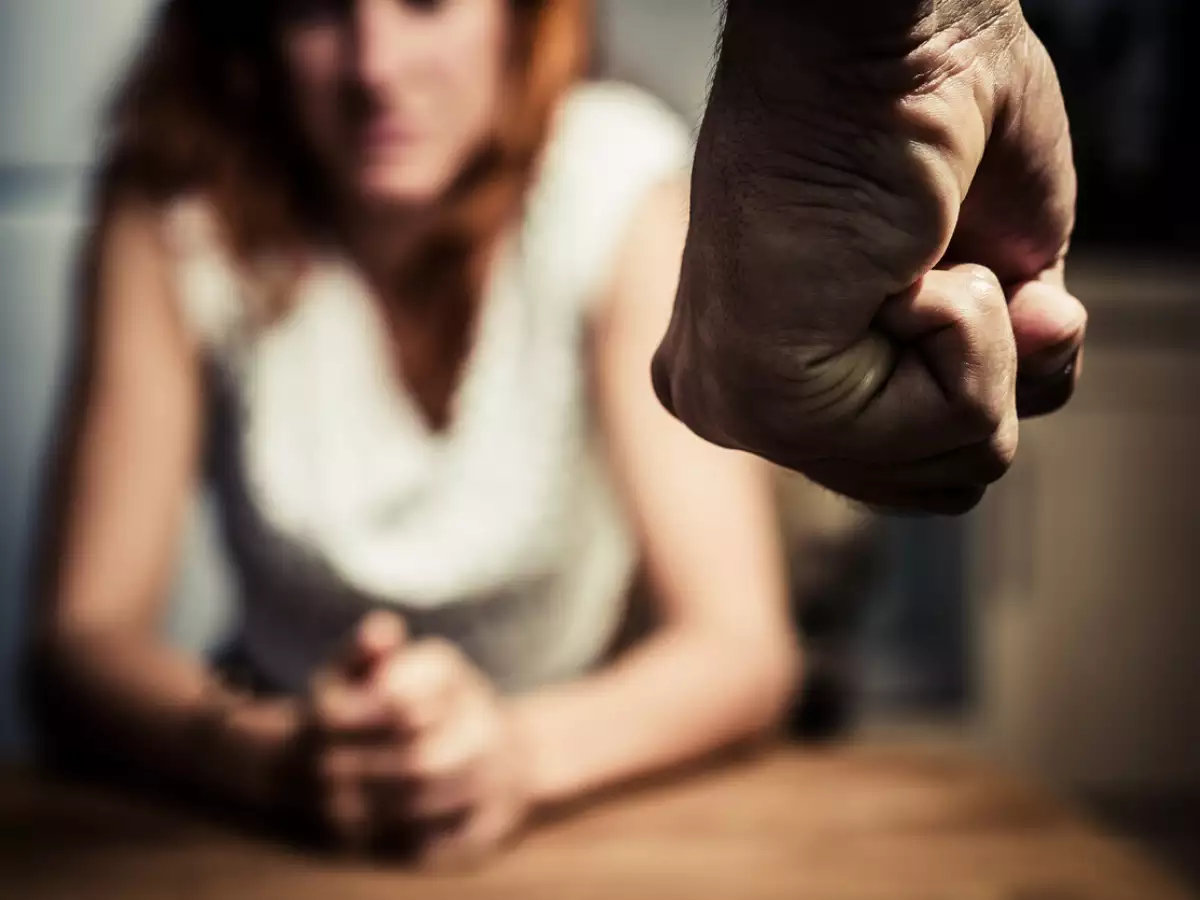What Compensation Can I Get for A Trip and Fall Case?
Premises liability law is critical in personal injury law, particularly in slip-and-fall or trip-and-fall cases. Businesses have a duty to maintain their premises in a reasonably safe condition to prevent harm to visitors. If a person is injured due to unsafe conditions on business property, they may have the right to seek compensation. However, advancing such claims under Florida law can be challenging and requires understanding the legal framework and the defenses businesses commonly use.
Florida’s Premises Liability Law
Florida premises liability law governs cases where an individual is injured on another’s property due to unsafe conditions. These cases often hinge on the duty of care owed by the property owner or occupier to visitors. The key statute addressing slip-and-fall accidents in Florida is Florida Revised Statutes § 768.0755. This statute specifically focuses on liability for business premises where a slip-and-fall occurs due to a “transitory foreign substance,” such as spilled liquids or misplaced objects.
Under this statute, the injured party has the burden of proof to establish that the business was negligent. They must show:
- The business owner knew about the dangerous conditions or
- The condition existed for such a long time that the business owner should have known about it through reasonable care.
For example, suppose a puddle of water caused a customer to fall. In that case, evidence such as surveillance footage, staff cleaning schedules, or witness testimony may help establish whether the business had constructive knowledge of the hazard.
It’s important to note that simply falling on someone else’s property does not automatically make the business liable. Florida law requires a clear connection between the business’s negligence and the injury suffered.
Common Defenses Used by Businesses
Businesses often rely on several defenses to minimize or eliminate liability when faced with a trip-and-fall claim. Understanding these defenses is critical for anyone pursuing a personal injury claim in Florida.
Comparative Fault
Florida operates under a comparative fault system, meaning that an injured person’s compensation may be reduced by their percentage of fault. Florida Revised Statutes § 768.81 establishes the principle of comparative fault in negligence cases, allocating damages based on the percentage of fault attributed to each party involved.
For instance, if a person was distracted by their phone when tripped, the business may argue that the victim’s inattentiveness contributed to the accident.
If the court finds the victim 30% at fault, their compensation would be reduced by 30%.
Lack of Notice
Another common defense is that the business lacked actual or constructive notice of the dangerous condition. A business cannot reasonably address hazards it does not know exist.
For example, when a customer spills a drink, and another customer immediately slips before staff can clean it up, the business may argue that it didn’t have sufficient time to respond.
Waivers
Businesses may also point to waivers of liability that customers sign, particularly in recreational settings like gyms or amusement parks. While these waivers can limit liability, they are not always enforceable.
Florida law scrutinizes waivers to ensure they are clear, unambiguous, and do not violate public policy.
Assumption of Risk
The defense of assumption of risk applies in situations where the injured person knowingly exposed themselves to a hazard.
For example, if a customer walked into an area marked with clear warning signs about potential dangers, the business may argue that the customer accepted the risk.
These defenses highlight the importance of building a strong case supported by evidence to counter claims of shared fault or lack of liability.
Steps to Take After a Trip-and-Fall Accident
If you trip and fall in a Florida business, taking immediate and proactive steps can significantly impact your ability to seek compensation. Here’s what to do:
Document the Scene
The first step is to document the scene of the accident thoroughly. Take photographs or videos of the hazard that caused your fall, such as uneven flooring, spilled liquids, or poor lighting.
Include images that capture the surrounding area, as these details can help establish whether the business took reasonable steps to ensure safety.
Gather Evidence and Witness Information
Collect as much evidence as possible while you are still at the scene. Ask for the contact information of any witnesses who saw the accident or the hazardous condition.
Witness statements can corroborate your account and strengthen your claim. Additionally, ask the business for a copy of the incident report they are likely required to complete after the fall.
Seek Medical Evaluation
Even if your injuries appear minor, seek immediate medical attention. Some injuries, such as concussions or soft tissue damage, may not show symptoms right away but can worsen over time.
A medical evaluation ensures your health and provides documentation linking your injuries to the accident.
It’s also vital to record all medical expenses, including doctor visits, medications, physical therapy, and other related costs. These records will be essential in calculating the damages you may be entitled to recover.
Notify the Business or Property Owner
Immediately report the accident to the business or property owner.
Please provide them with a clear account of what happened but avoid admitting fault.
This will create a record of the incident, which may be important later. Make sure to get a copy of the report, if they provide one, and note the names of any individuals you interact with during this process.
File a Claim with Insurance
If the business has liability insurance, consider filing a claim with their insurance provider as soon as possible after the accident.
Notify them of the incident and provide any relevant evidence, such as photos, witness statements, and medical records. The insurance company may offer compensation for medical expenses, lost wages, and other damages.
However, reviewing any offer carefully with your attorney is important, as insurance companies may initially offer a settlement lower than what you’re entitled to.
Seek the Advice of an Experienced Personal Injury Attorney Today
Pursuing compensation after a trip-and-fall accident in a Florida business requires a deep understanding of Florida premises liability law and years of experience countering potential defenses.
Having experienced legal representation can make a significant difference in building a compelling case and maximizing your recovery.
Our team has the expertise to help you secure the justice and compensation you deserve.
If you or a loved one has been injured in a trip-and-fall accident, contact Linton Robinson & Higgins, LLP, at 786-882-7316 in Miami and 332-241-9036 in New York City for a free consultation.
